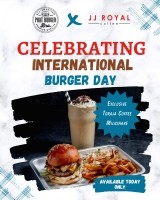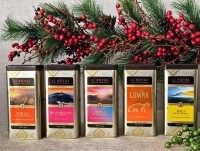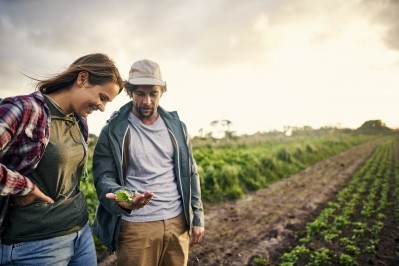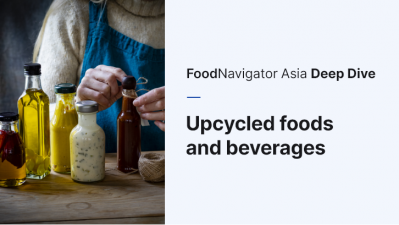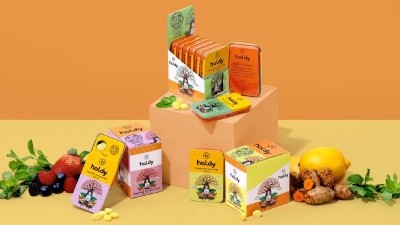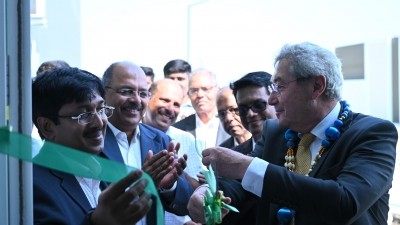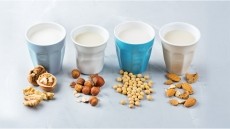Flavour innovation and partnerships key to bringing Indonesian coffee to Asia’s centre stage – JJ Royal Coffee
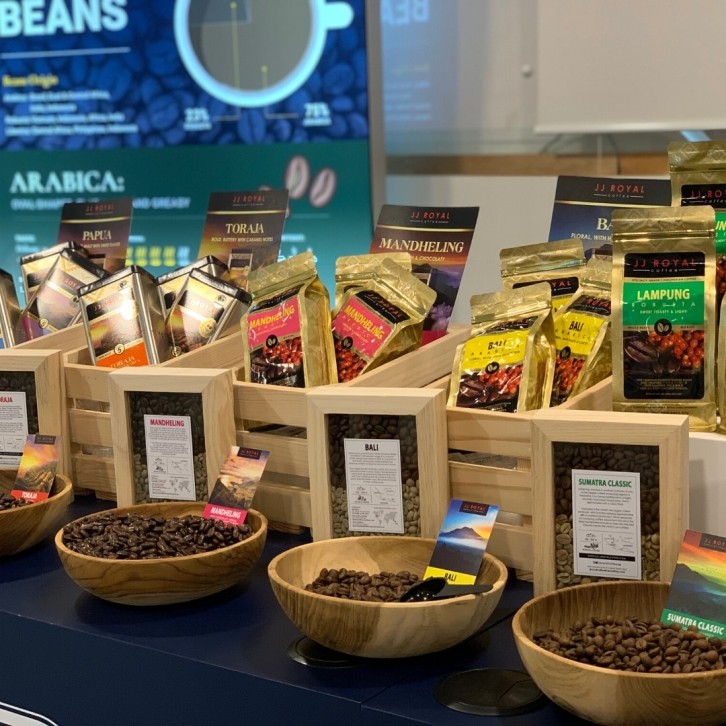
Founded in 2001, JJ Royal Coffee is a family-owned coffee roaster and exporter business and later launched its first direct-to-customer (D2C) Toraja gourmet coffee in 2011.
It specialises in single-origin Arabica specialty coffee sourced from Toraja, Sumatra, Kayumas Java Estate, Bali, Papua, and Flores in Indonesia. Coffee grown in a higher altitude has been known to be of higher quality.
Globalisation of Indonesian coffee
Starbucks is likened to American coffee, and Lavazza and Illy with Italian coffee. That said, JJ Royal Coffee hopes that Indonesian coffee would be associated with the likes of Asian specialty coffee consumers.
Its director of regional business development, Alisha Barnes, said to FoodNavigator-Asia: “Despite being the world’s fourth largest coffee producer, Indonesia hasn’t really made it to the coffee stage. I don’t know if people necessarily associate good quality coffee with Indonesia, so I want to expose people to that.
“Given its location on the ring of fire, you get different climates for growing single origin coffee. Coffee is like wine, and it comes in different flavour profiles when grown in different soils and climates. I want to be able to explore across Indonesia’s range of specialty coffee.”
It has an omnichannel presence across Indonesia, and only exported to Singapore via NTUC Finest stores in 2018.
Barnes said that it is looking to expand into retail food service in Singapore next year, and to partner with other food and beverage local, small to medium-sized enterprises (SMEs). For the latter, it partnered with local burger joint, Burger Bros, for a coffee milkshake.
“The question I get from people encountering our brand for the first time is where they can try our coffee. So, I do feel like a physical presence is really critical to be able to grow in Singapore and have like a flagship presence in the region,” she added.
In its retail stores in Indonesia, it is seeing demand coming from tourists from South Korea, Japan, and China.
Appeal to local palates
It said that its best-selling coffee are single-origin Toraja and Papau Arabica and Robusta coffee beans, especially with Singaporean consumers accustomed to the “strong, robust tasting coffee with low acidity” of local coffees.
For the Singapore market, it also introduced a no-sugar alternative for its Kopi Tubruk collection, an Indonesian-style coffee where hot water is poured directly over fine coffee grounds without a filter.
“A year or two after we entered the supermarket, we sampled around with customers and heard their feedback about the product being too sweet for them. So, I went back to my product development team to ask for a no-sugar version.
“This has really helped change people’s lifestyles – wanting great coffee taste with the convenience of instant stock preparation. And when I explain to customers that our black coffee is like their Kopi O (Singaporean term for black coffee without sugar), they instantly grab it off the shelf.”
Additionally, the brand said that consumer education is key to cracking the specialty coffee market in another market. It currently organises coffee and chocolate pairing menu tastings in Singapore to showcase different flavours of coffee coming from Indonesia.
“We want to make specialty coffee accessible from both a price and enjoyment perspective. When we do workshops, we don’t just want to focus on the technical aspects, but to be able to enjoy quality coffee in a fun way.
“I also think people don’t necessarily have the language on how to articulate coffee. So, being able to taste side-by-side, we give them that knowledge to identify what they like and what not. We want to make specialty coffee an everyday thing, because most people only drink one cup a day, so why not make it the best?”
Partnerships for product development
The brand aims to balance the authenticity of the coffee bean with innovation aspects to appeal to local consumers.
At the recent GastroBeats festival in Singapore, it launched a Gula Melaka (palm sugar) coffee and Espresso prepared with sparkling water at its retail counter.
“We don't add anything during the roasting process – no sugar, margarine, butter, or corn starch. It's pure coffee that goes into our roaster. So, it works really well in both ways: If you drink it black, it’s not bitter or acidic; and if you mix it with fun flavours, the coffee still presents itself and it doesn’t get overpowered by the treatments,” Barnes explained.
Its products span beans, ground coffee, capsules, to drip filter formats. It is currently eyeing at the ready-to-drink (RTD), single-serve formats and exploring partnerships to encapsulate specialty coffee quality in convenient ways.
